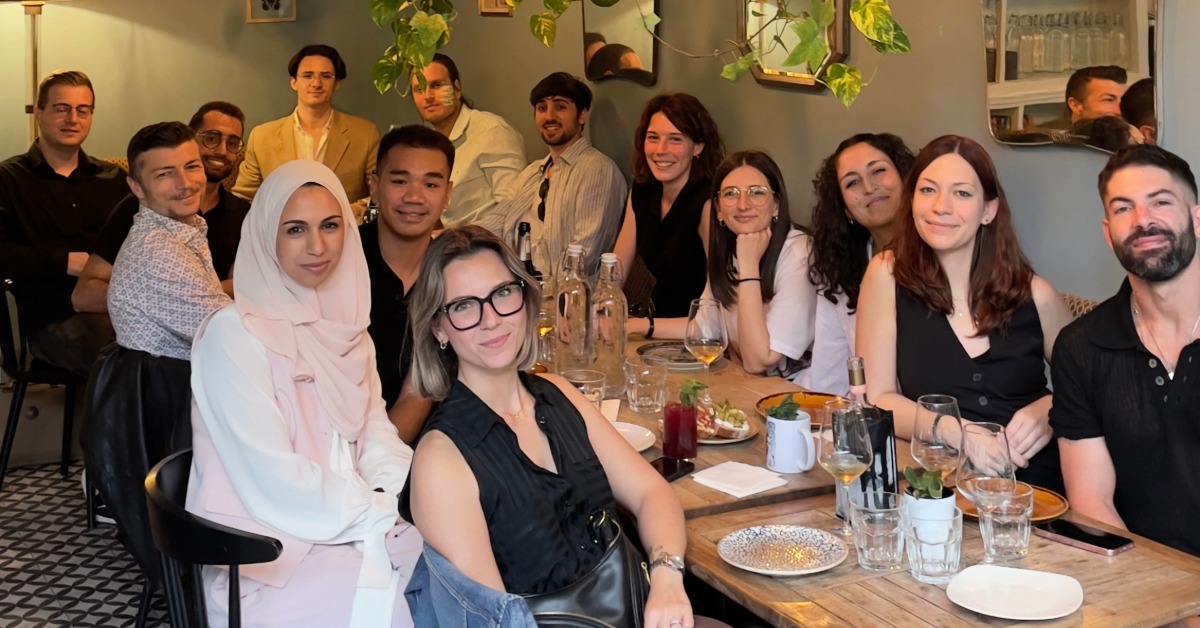Highlights from Lapo Chirici’s Interview with Panorama, about Krein’s Role in Digitalizing B2B Companies and SMEs

The April issue of Osservatorio sul Merito features an interview with our CEO, Lapo Chirici, exploring key topics shaping the future of digital transformation in Italy: innovation, B2B marketing, accessibility, and sustainable growth. A valuable opportunity to share our perspective and how we support companies and SMEs on their transformation journey.
The challenge of digitalization in Italy
"According to a recent survey by HPE Intel, so far only one in four companies has gained a real competitive advantage from digital transformation." Therefore, the data highlights a two-speed Italy. As Lapo Chirici explains: “The gap with Nordic leaders is still clear, but awareness of the importance of digital is growing fast.”
In the interview, Lapo explains that especially for SMEs, digital transformation requires a people-first mindset. Technology is the tool, not the starting point.
“It’s crucial to raise awareness across different internal levels to enable a step-by-step transition. People and their needs must remain at the center.
B2B marketing: simplifying complexity
Krein has been recognized among the top innovators of 2025 (Leader dell'Innovazione 2025 Award) particularly for its pioneering approach to B2B digital marketing as well.
“We understood that traditional B2B marketing logic based on complex, self-referential messaging no longer works. Both in “heavy industries” such as petrochemicals, railways or shipbuilding — traditionally used to highly technical and complex communication — and in sophisticated sectors like pharmaceuticals, aerospace, and aviation. More recently, this also applies to hardware and deeptech fields, such as chip manufacturing, where technical language often overshadows the true value of the offering. In such a context, our challenge has been to simplify that complexity.”
This means bringing a B2C-like finesse even to technical sectors, speaking to buyers in a more human, accessible, and effective way.
"After all, the professional who uses a warehouse management system from 9 to 5 deserves the same ease of use and visual appeal as an experience on Instagram or Netflix. Every digital experience Krein design starts with a deep understanding of the industry, language, and behavior of key decision-makers".

AI-powered tools for B2B companies
One of the AI projects mentioned in the interview is Nordlys, a platform designed to optimize industrial supply chains in ETO/MTO sectors "where sales and purchasing dynamics typically involve negotiations that last around 2 to 3 months".
“It helps reduce costs, logistics, and CO₂ emissions by up to 70%, thanks to predictive algorithms.”
Krein will also launch a new free section on its website offering practical tools for businesses. The first will be a CAC Estimator, helping companies quickly calculate Customer Acquisition Costs and better plan their advertising budgets.
Focus on accessibility and reduction of digital impact
The interview also covers the growing importance of digital impact and accessibility, especially in light of the upcoming European Accessibility Act.
“Being sustainable also means reducing digital impact. We build energy-efficient platforms and validate sites according to WCAG guidelines.”
Inclusion and merit: a tangible approach
Finally, the interview turns to values. “Talent doesn’t come with labels. What matters are skills, commitment, transparent feedback, and the will to embrace challenges.”
With a diverse team and active collaborations with universities and students from around the world, Krein encourages cultural exchange and mutual growth.
_______________________________________________________________________
Read the full interview
The full interview is available in Osservatorio sul Merito on page 19.
Read the full interview in Italian.
Sources
G. Govoni, "L'accessibilità digitale delle imprese", in "Osservatorio sul Merito", edito da Panorama.